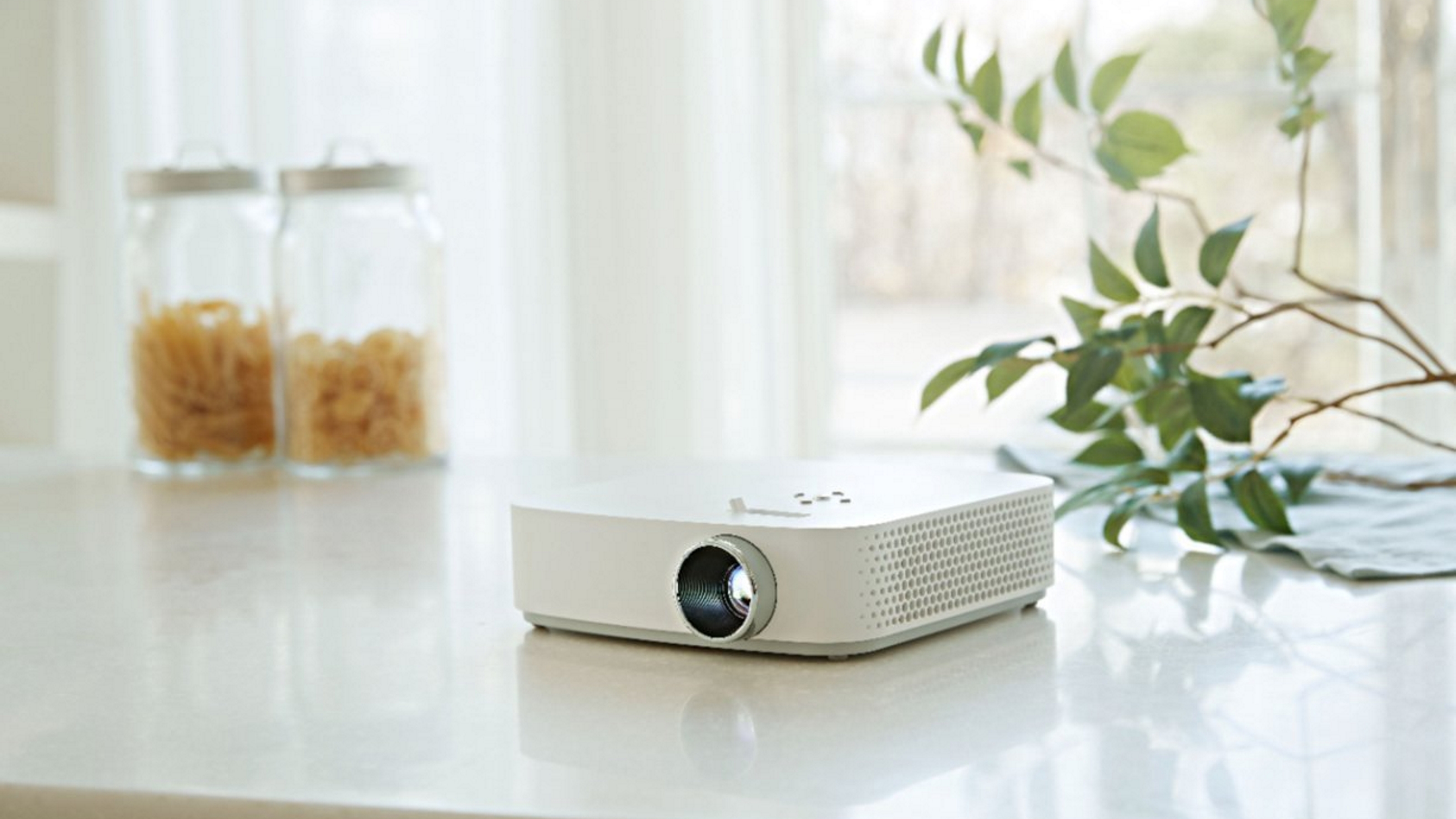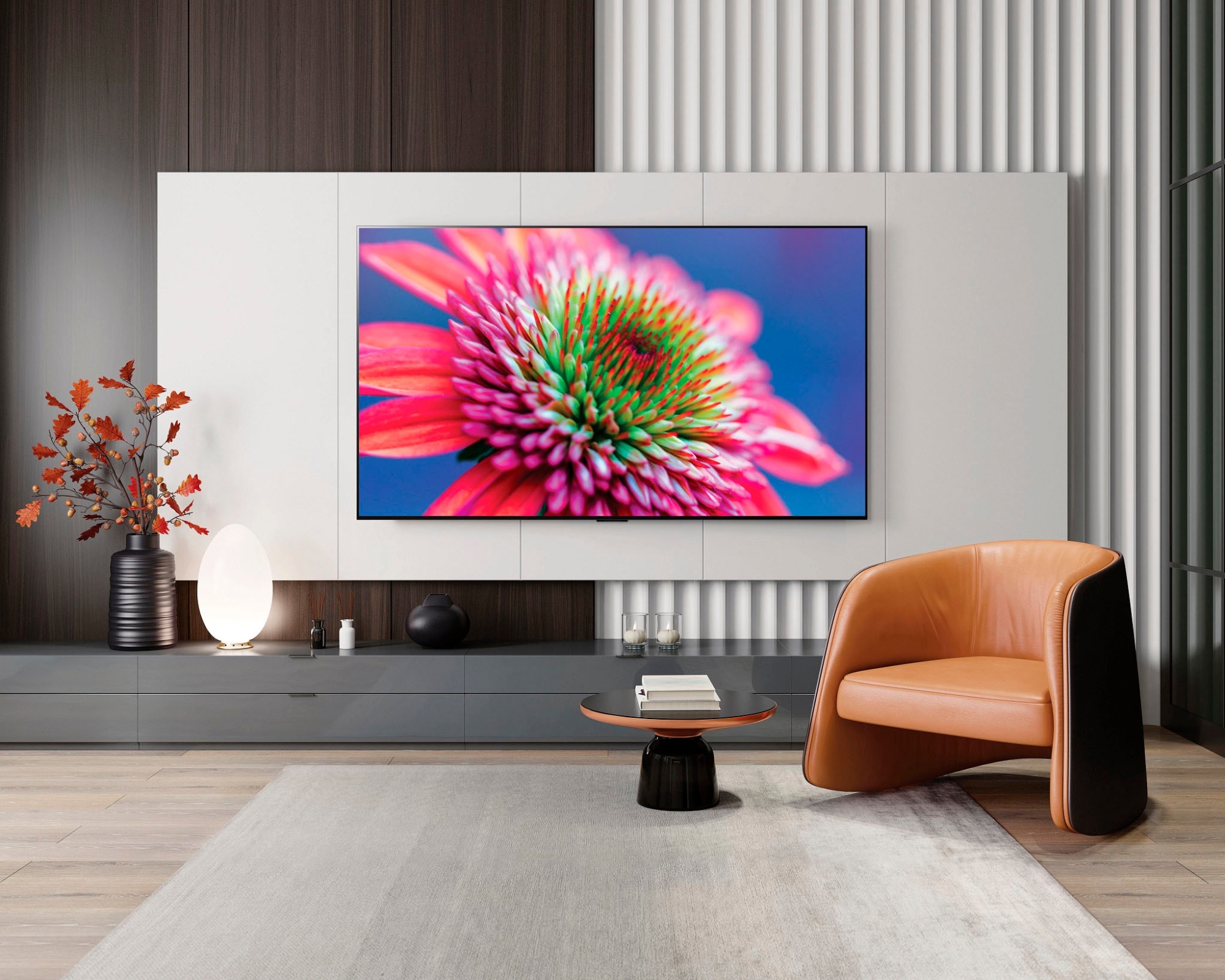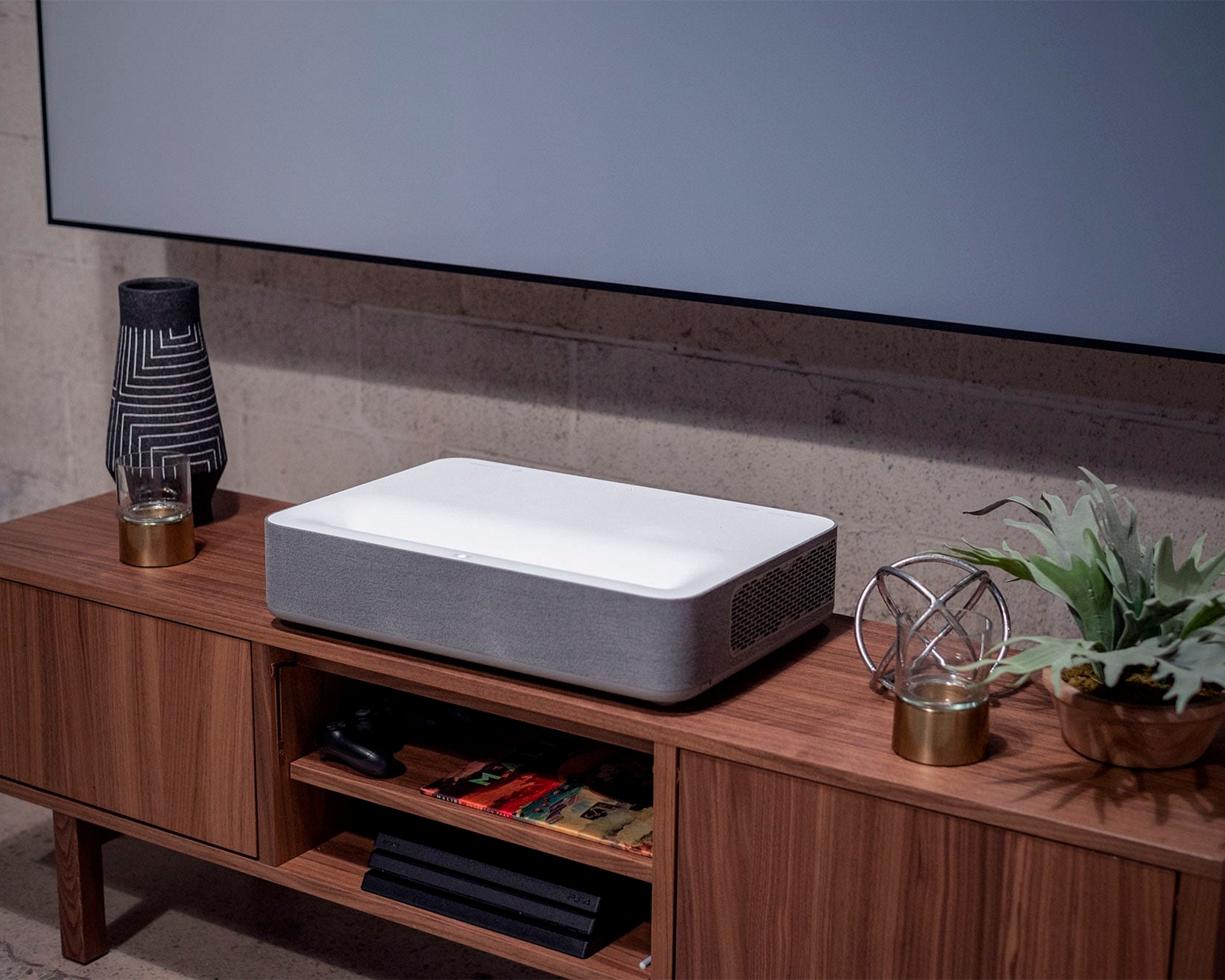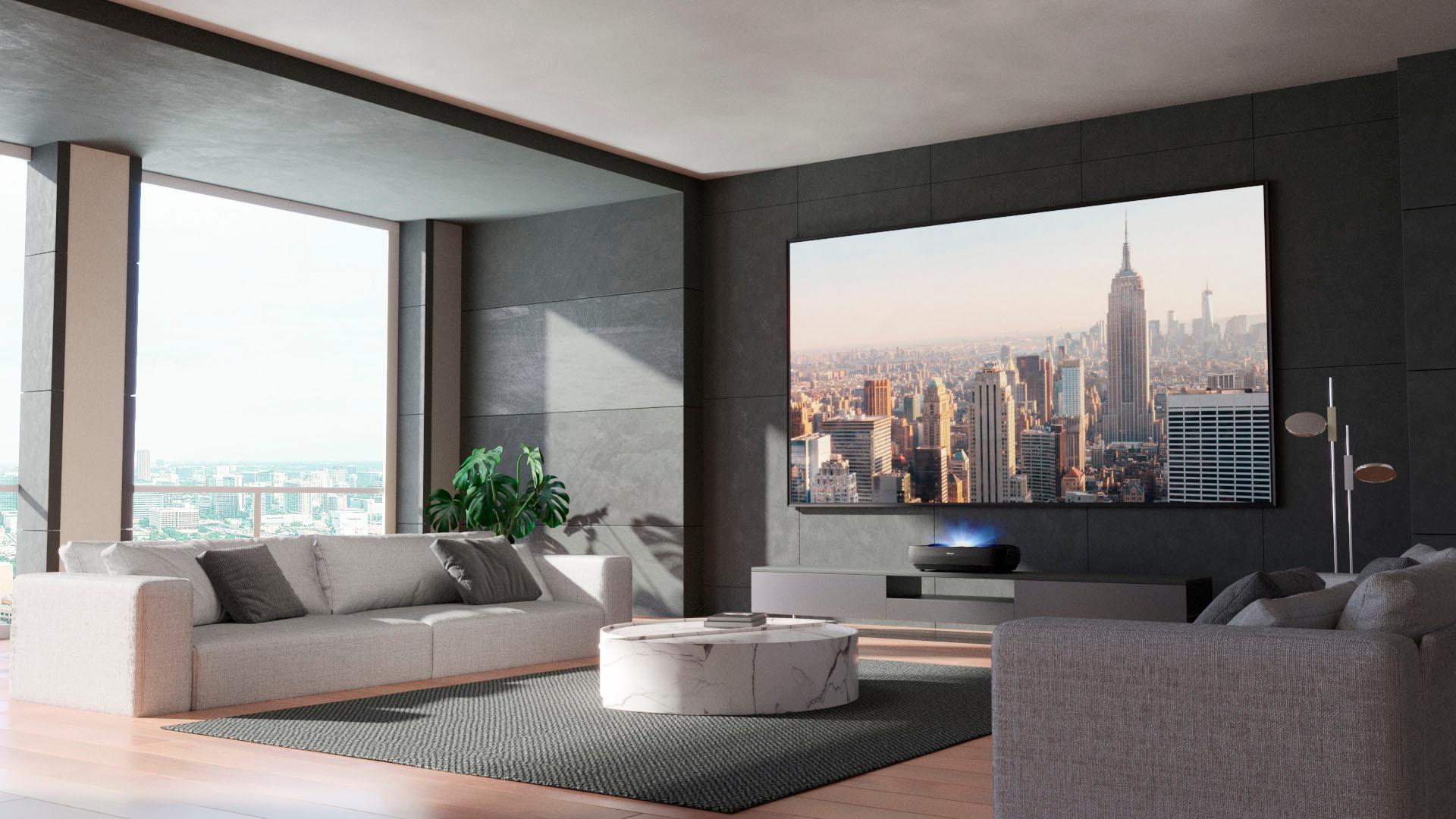Do projectors use a lot of electricity? We find the answer and tell you how to save before your next get-together
Worried about how much your movie night is costing? We look at the electricity usage of the average projector and whether they're more efficient than TVs

We're a big fan of projectors as an alternative to TVs, whether that's for getting a theater experience in your living room or cuddling up in your backyard viewing area for a family movie night. But how cost-effective are they?
Projectors are, on average, a cheaper way to get big-screen results up-front, with 75" and 85" TVs setting you back a lot more. Still, there are downsides to using a projector over a traditional TV, including cost-per-use. Not only do they last for a shorter amount of time before lamps need to be replaced, but you will also need to purchase a projector screen, and many of them use more electricity.
But that doesn't mean they're not an excellent choice for many movie-mad homes, and the best outdoor projectors can make summer nights into evenings to remember year after year. In this article, we will examine why projectors tend to cost more over time and how you can limit their impact on your budget.

How much power do TVs use?
While the amount of money a TV takes to run will depend on other factors that we will go through in this article, on average, TVs use 150W. In the US, this means that you will be paying approximately $0.02 for every hour of use. If you use your television for 2 hours a day, it will cost you just $0.60 per month.
You should be aware that this is an average estimation, and things like the size of your screen, whether you have LED, OLED, or other screen technology, and even your settings will impact this. If you have an older plasma TV, these can cost up to 70% more to run.

How much power do projectors use?
According to projector makers Vankyo, the average projector uses between 50-800W - which is a very large range to work with. Small portable projectors, which tend to have lower brightness capabilities, will be at the lower end of that scale, while the more expensive, high-specced home theater models will consume much more.
Using a 50W projector for two hours will cost $0.01, which makes it cheaper to run than a television, but, on the flip side, an 800W projector will set you back $0.24 for every two hours. This means you will be spending around $5.40-$86.43 over the course of a year.
The Livingetc newsletters are your inside source for what’s shaping interiors now - and what’s next. Discover trend forecasts, smart style ideas, and curated shopping inspiration that brings design to life. Subscribe today and stay ahead of the curve.

Why do projectors cost more than TVs?
The average cost of a projector coming out higher than that of a TV is due to a few factors, but one of them is the different technology that is widely available. While the more efficient LED technology is now the only type you can purchase, LED projectors are just one of many options people have.
LCD technology guzzles up more energy than LED, so you will want to steer clear of the former if saving money is high on your priorities list. Triple-laser projectors - which will be found higher up the price scale and will offer a premium experience - are also less cost-effective.
Of course, when using a projector, you create an image of more than 100", and the average TV is 40-75". This, and the fact that you will need a high ANSI lumen count to get the best experience with a projector, adds to the cost. Projectors can also overheat and, in general, don't have the longevity of TVs.

How to calculate the cost of running your projector
If you want exact figures on how much your projector will cost to run, you will need to know the wattage of your chosen model. You can then use this to calculate the kWh, which is the key to determining exactly how much it will cost to watch a 90-minute movie in your backyard or living room.
For example, a 150W projector will cost $0.03 over 90 minutes, which we calculated based on an average rate of $0.15 per kWh. This will vary depending on where you live, so you should first find out how much you pay for the electricity in your home. Then, multiply the kWs of your device by $0.15 (or the average rate per kWh for your area) for the number of hours your plan to use it.
Even then, there are a few ways to reduce this cost. Turning the brightness levels down will always save energy, and your projector may actually have an eco-mode that you can utilize. It's also helpful to unplug your devices when they're not in use - including battery-powered projectors that you are charging.
Caroline was formerly smart home ecommerce editor for Livingetc, covering everything tech for the home, from smart speakers to air purifiers and everything in between. She is passionate about technology and smart devices and their role in daily life, enhancing the home without sacrificing personal style and carefully chosen interiors. In her spare time, she can be found tinkering with bulbs, soundbars, and video doorbells in an effort to automate every part of her small home. Previously, she lent her expertise to the likes of Expert Reviews, IT Pro, Coach, The Week, and more.